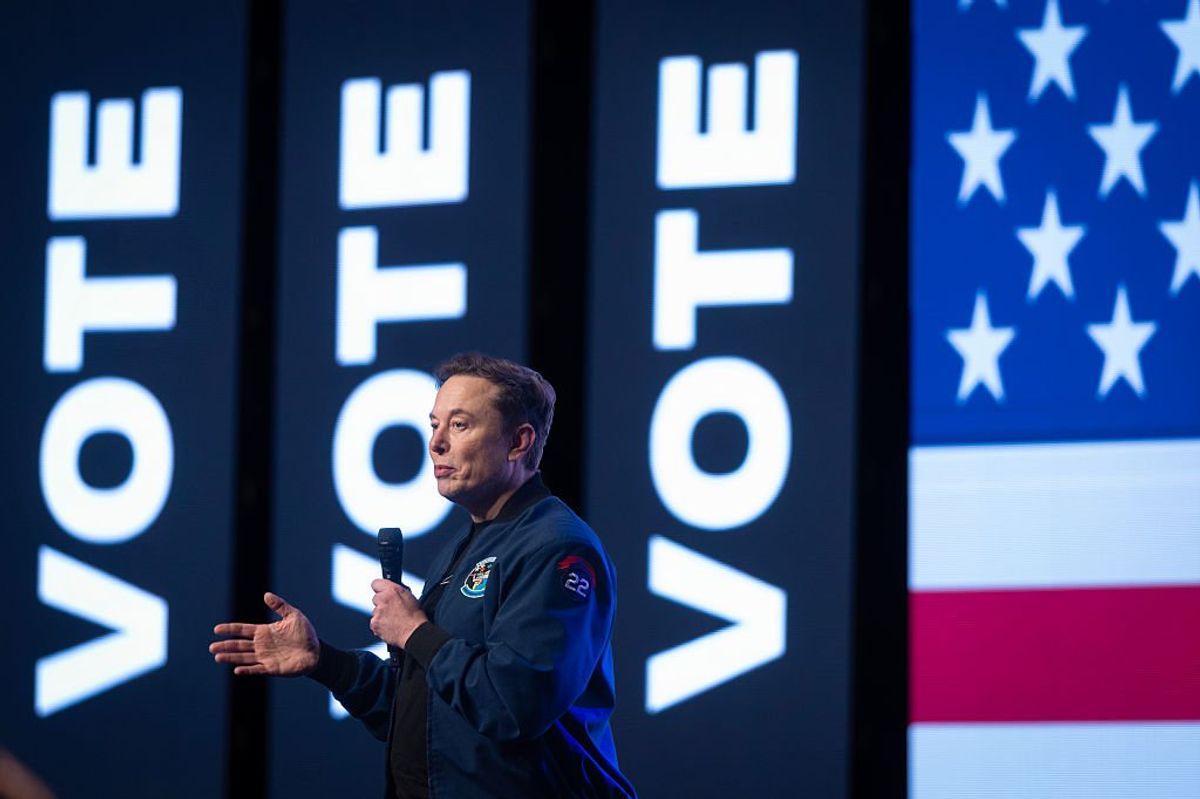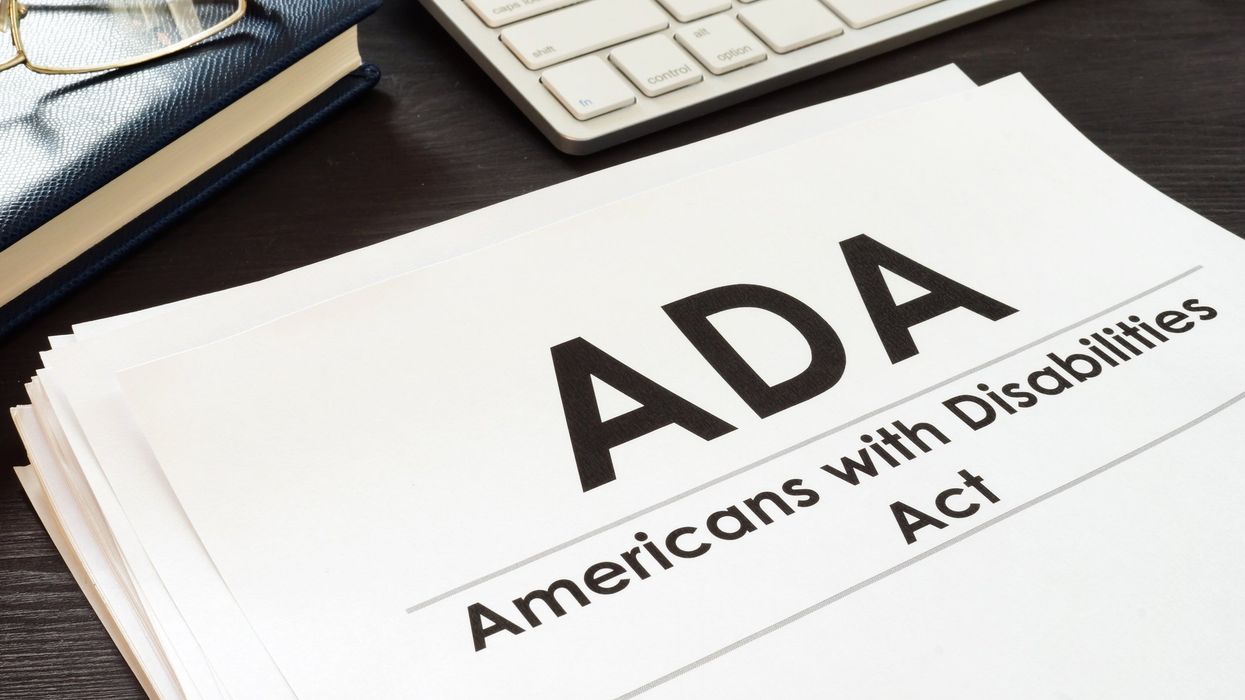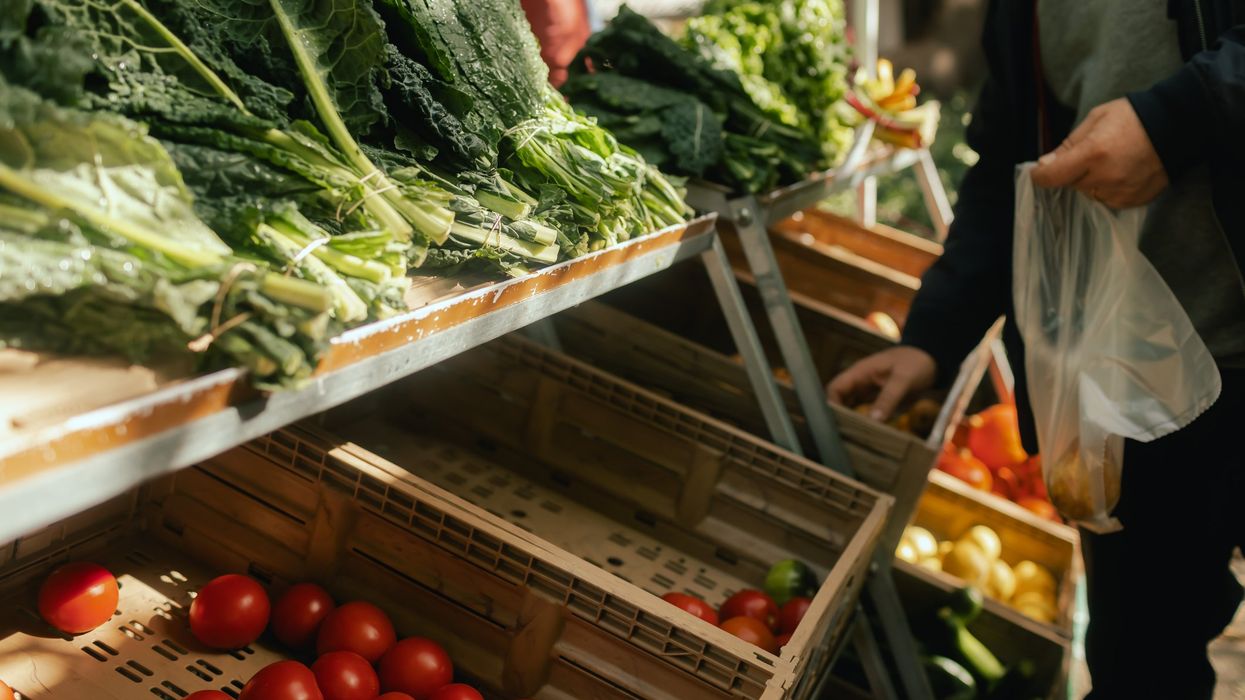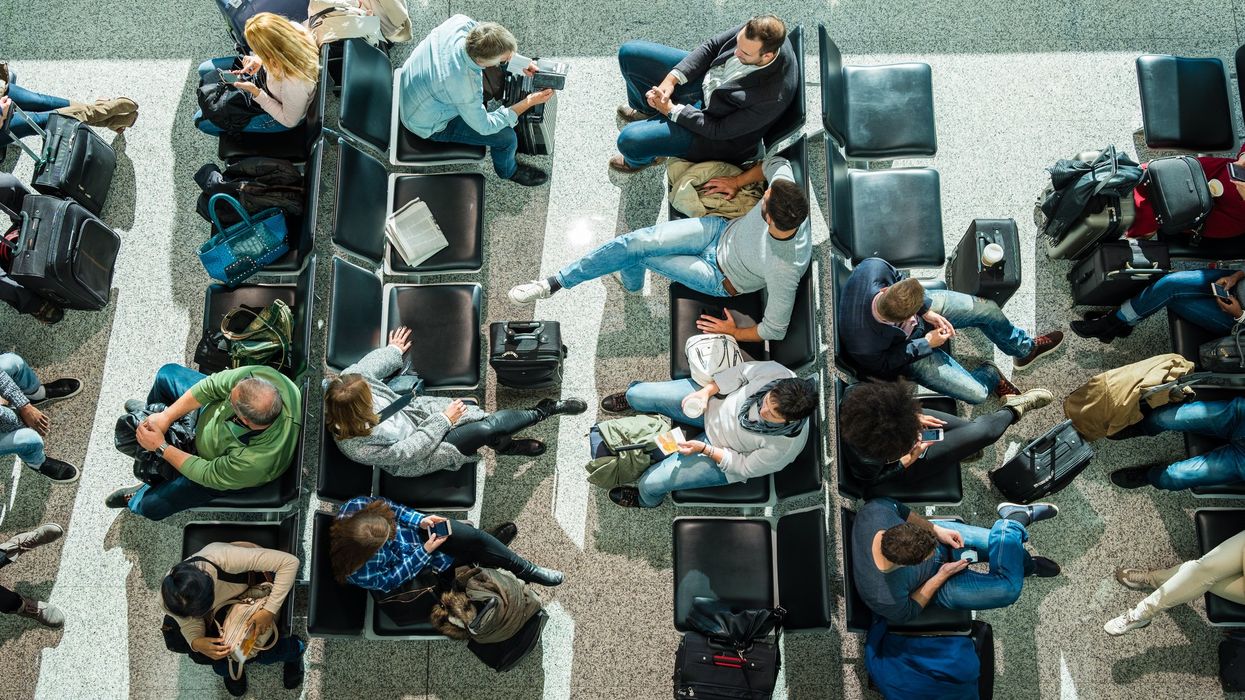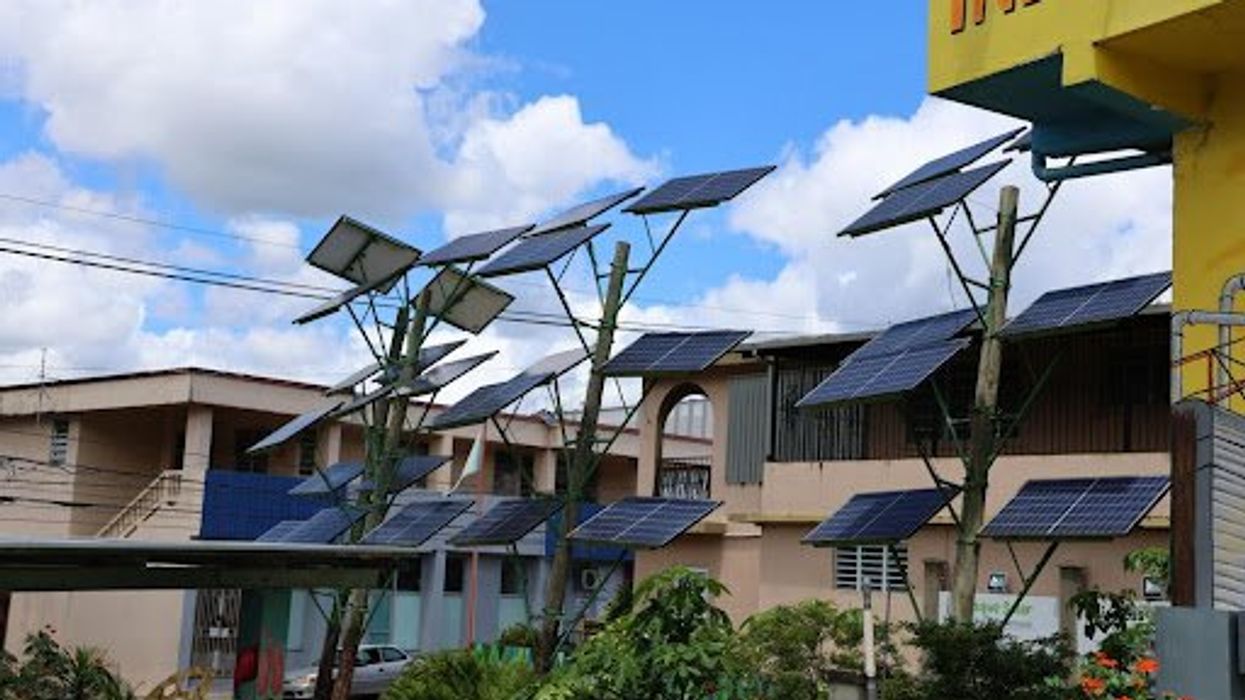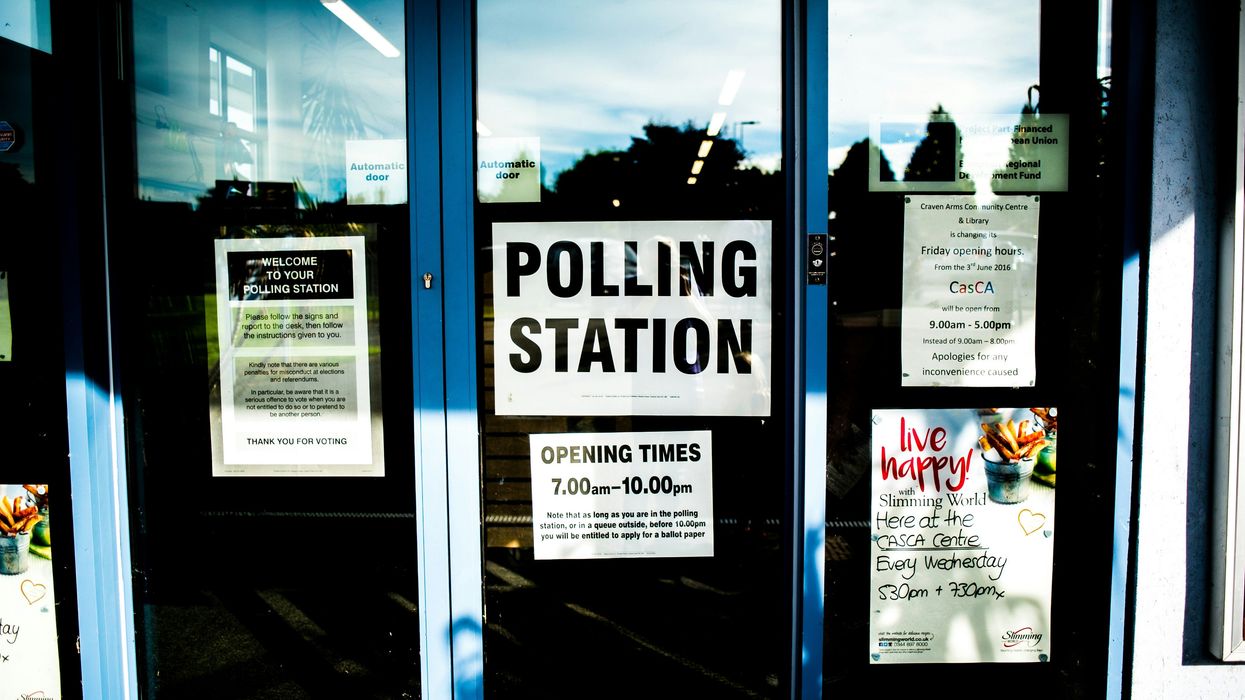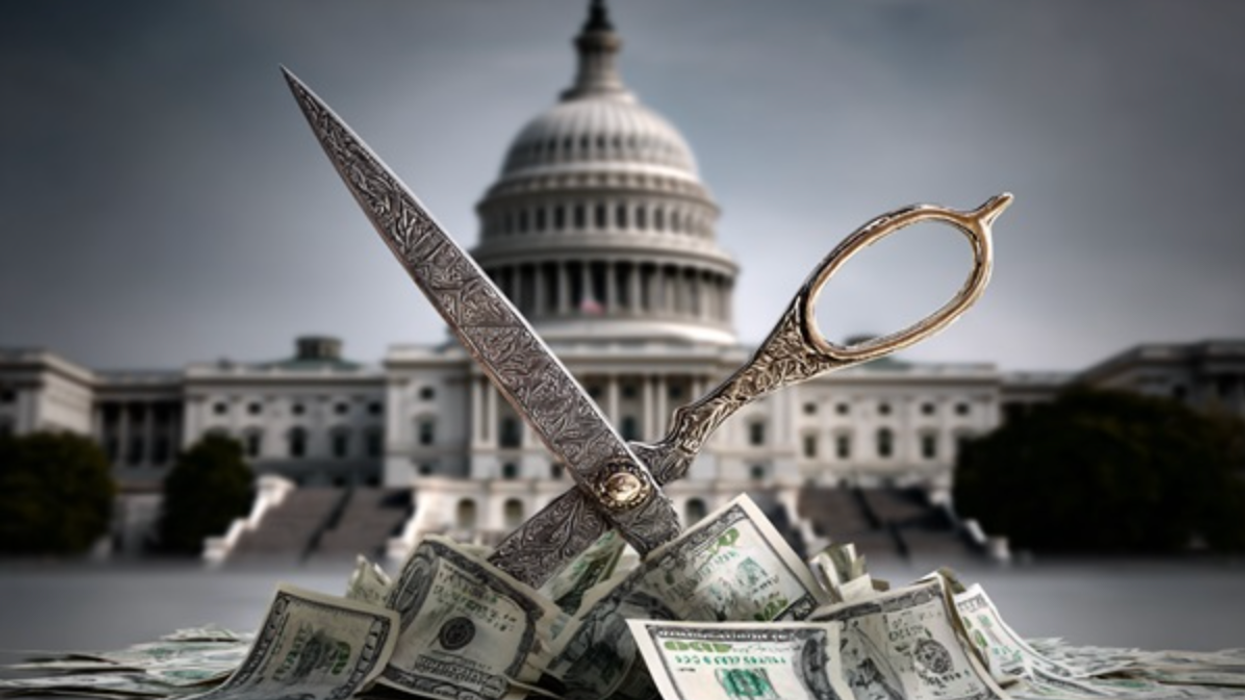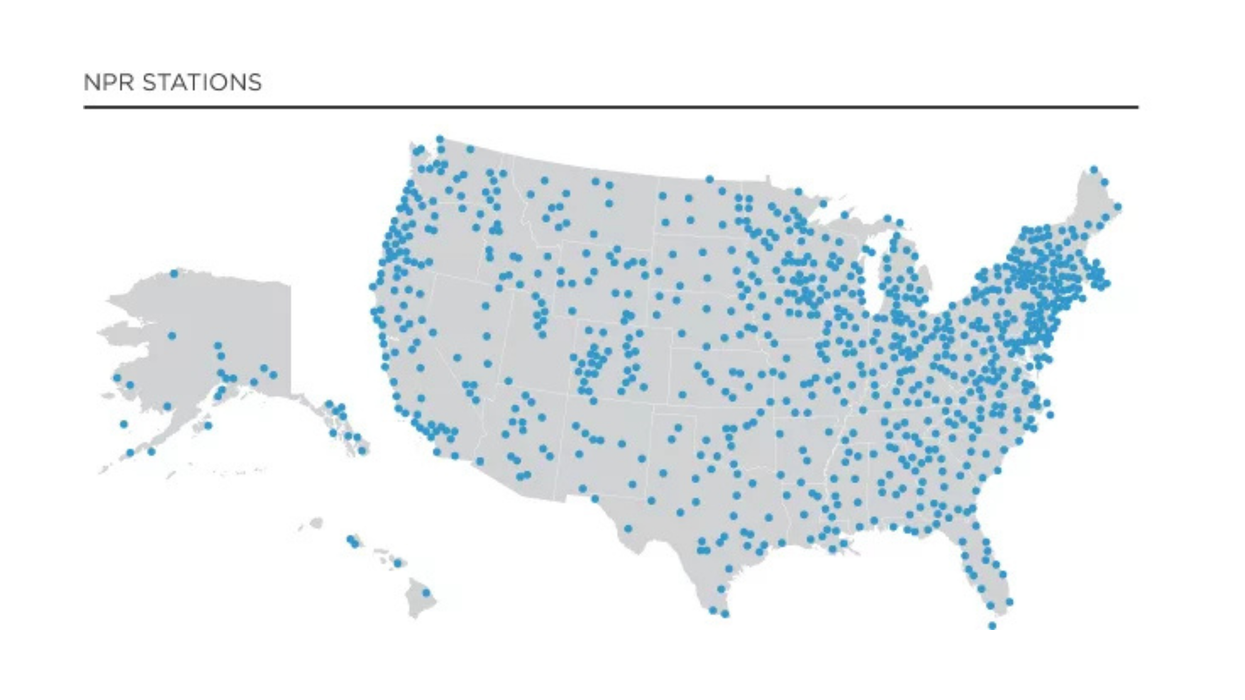Salvadoran refugee Alberto, who is using a pseudonym out of safety concerns, did not feel secure in his own home. Being a gay man in a country known for state-sponsored violence and community rejection meant Alberto lived his life on high alert.
His family did not accept him. He says one family member physically attacked him because of his identity. He says he has been followed, harassed, and assaulted by police, accused of crimes he didn’t commit when he was studying to become a social worker. His effort to escape the rejection in his community left him, at one point, homeless and lost in a new city.
He sought help from the LGBTQ refugee resettlement program Rainbow Railroad to find a new home in the United States, a place renowned for its progressive advancement of LGBTQ rights. He is one of thousands of LGBTQ refugees from around the world who have been forced to flee their homes due to persecution and violence because of who they are or who they love.
“It's a second chance that I think life is giving me,” said Alberto, about resettling in the U.S.
However, many of those who have relocated to the United States, like Alberto, are caught at the intensifying intersections of discrimination and criminalization of asylum seekers and LGBTQ residents here in America.
“I felt safe to live here, but I don't feel safe with this administration, because for me, being a Latino, gay, I had some concerns about the situation for my community, for myself too,” he said, who has been in the U.S. since 2023.
Around the country, masked ICE agents have been seen arresting migrants and asylum seekers who appeared for their scheduled court hearings. Even those with legal residency or those with visas have been subject to detention and arrest by federal law enforcement agents.
The Trump administration has repeatedly deemed immigrants and asylum seekers “criminals,” even those without a criminal record, who have paid taxes to the federal government and/or are seeking asylum.
ICE has reported more than 60,000 removals since the inauguration. Migrant detention camps are expanding and popping up at the behest of the Trump administration in states like Florida and Texas. ICE raids have terrorized communities across the nation.
Alberto is in the middle of his own interview process with United States Citizenship and Immigration Services, but it feels increasingly dangerous to attend even these routine check-ins: “I feel very worried, honestly, because I was watching many videos of the people who come for the appointments, and they have been arrested.”
He continued, “I did not cross the border, and I came with all documents, but nothing is secure with this administration. They can change the ideas whenever they want.”
For Alberto and others like him, this fear is compounded by the growing political and social hostility toward the LGBTQ community.
The ACLU is tracking 598 anti-LGBTQ bills across the country this year alone. GLAAD, a national LGBTQ media advocacy organization, tracked almost 1,000 anti-LGBTQ incidents in 2024, including bomb threats, acts of vandalism, assaults, and more.
Over the last year, the Rainbow Railroad received the most requests for assistance from callers in the United States, surpassing any other country.
National activist group Human Rights Campaign declared a “National State of Emergency for LGBTQ+ Americans” just last year, and created resources for those looking to move out of their state or the country.
“What we're seeing now could just be the start of the worst that is yet to come,” said Latoya Nugent, Rainbow Railroad’s Head of Engagement. “We are very fearful that in the next three and a half or four years that we may be in a world where we may not even recognize the U.S.”
The change in the dynamic was almost immediate after the inauguration. Rainbow Road’s refugee admissions programs were suspended, and similar global programs that addressed public needs connected to the LGBTQ community ground to a halt – from USAID to the U.N. LGBTI Core Group.
“The U.S. is a powerful actor in the global humanitarian protection system,” said Nugent. “It's not just what is happening in the US, but it's also the impact globally on the work that has been happening over the years.”
The new efforts by the Trump administration to turn back progress on LGBTQ and immigrant rights have increasingly exhausted and drained these already vulnerable populations fighting for their ability to stay safe and alive here in the U.S.
LGBTQ advocacy groups are preparing for the worst, as the changing legal and social U.S. landscape presents unknowns for the future of refugee resettlement and LGBTQ life in America.
“We are also seeing the community really rally around some of the most vulnerable people, including LGBTQ asylum seekers and refugees, recognizing that if we don't hold the line right now, things could become significantly worse,” said Nugent.
Still, many places in the U.S. are a beacon of hope for the queer and transgender community, especially those who hail from countries where they’d be persecuted for those identities. More than 60 countries currently criminalize the LGBTQ community. Individuals in these countries are often faced with state-sponsored violence, family violence, and societal rejection.
For Alberto, moving to Chicago has been a life-changing experience. Rainbow Railroad helped him find stability and build a support system of local connections that share in his experiences. He’s holding these positive moments close to his heart, which has helped him cope with the growing pressures of the political arena.
“For the first time in my life, I can live. I can feel, I'm feeling free to to be who I am, express my identity, who I am, and without concern over thoughts about who I am, and that's made me feel happy,” Alberto said.
Kiara Alfonseca is a reporter and producer with nearly a decade of experience reporting on the intersections of politics and identity.

